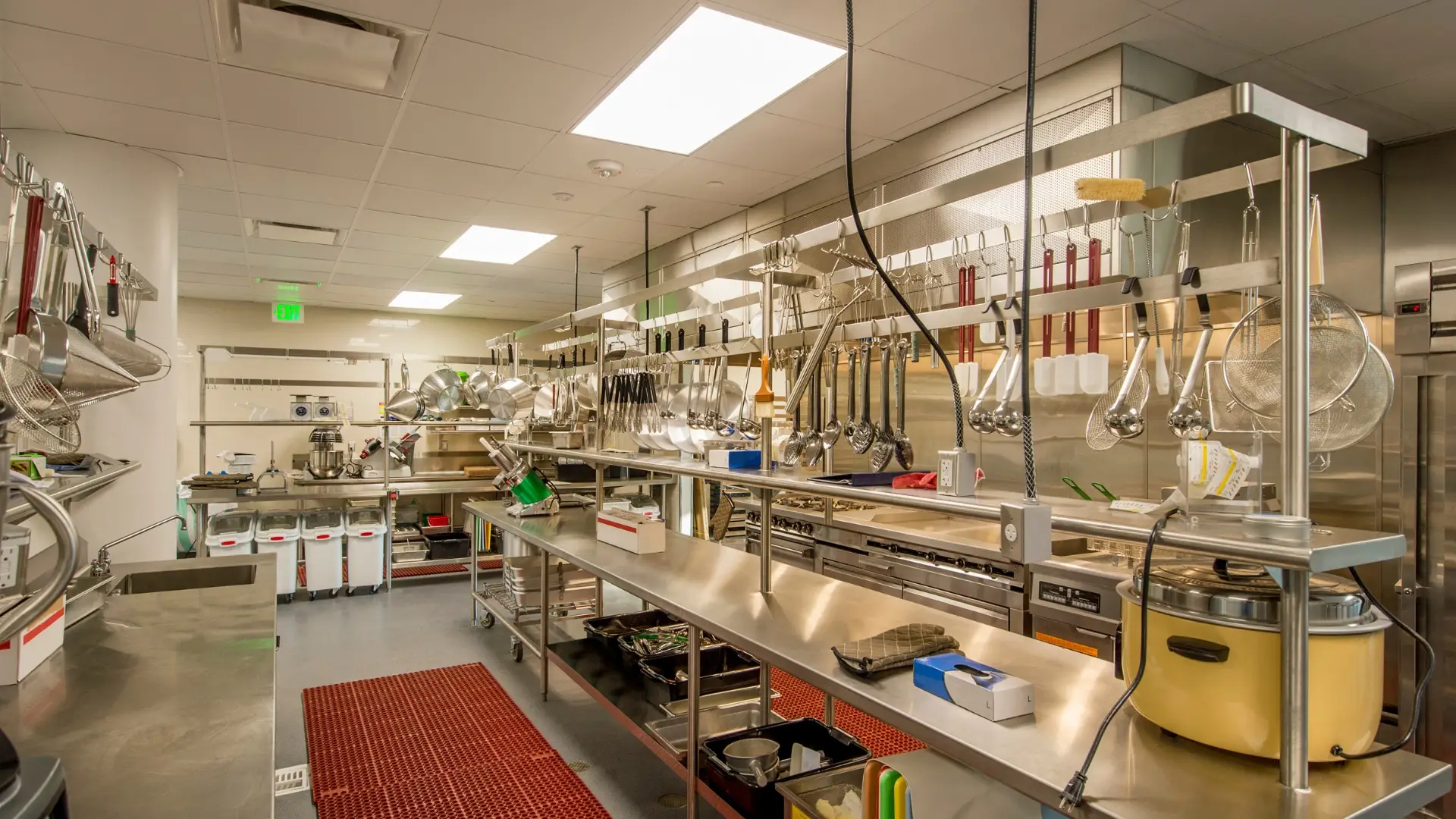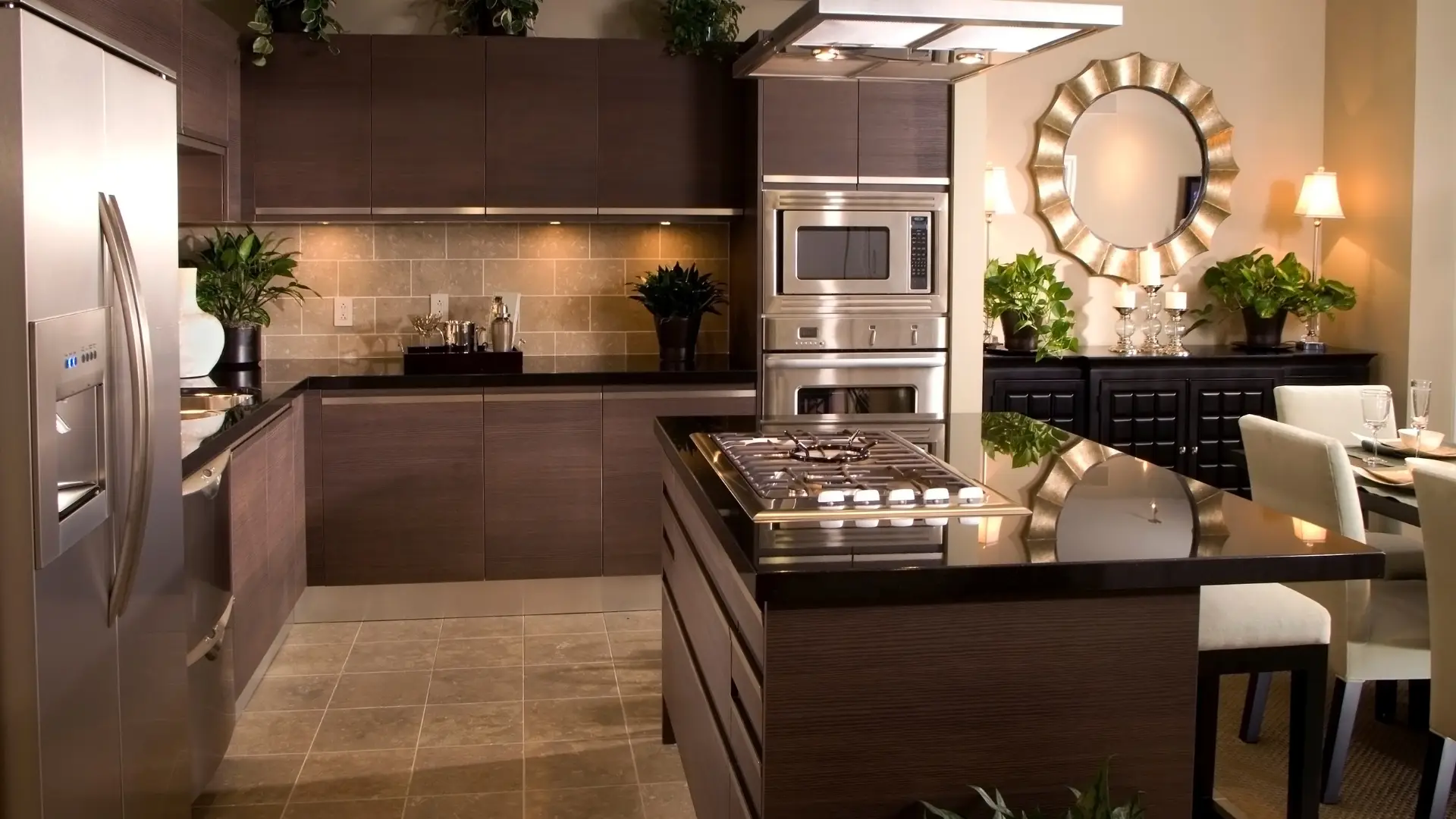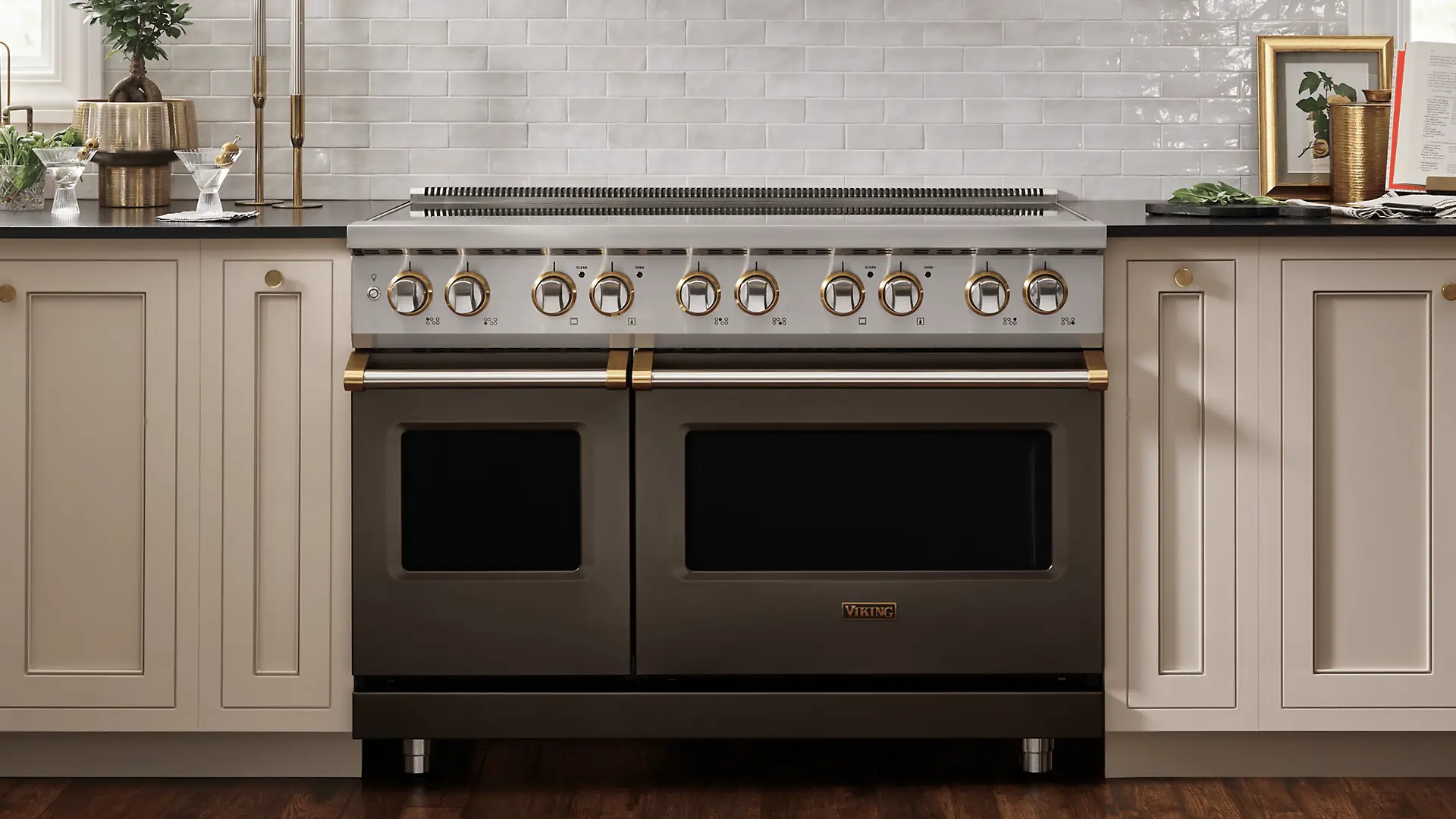In today’s fast-paced commercial kitchen environment, equipment reliability isn’t just about convenience—it’s about survival.
With restaurants facing average losses of $3,000 per hour during equipment downtime, preventive maintenance has become a critical business imperative rather than a luxury.
Why Preventive Maintenance Matters for Commercial Kitchens
The heart of any commercial kitchen lies in its equipment—from high-end Sub-Zero refrigeration systems to sophisticated Wolf cooking ranges. Yet, many establishments overlook the fundamental importance of preventive maintenance until faced with costly emergency repairs.
Prevention is infinitely less expensive than emergency intervention. Owners learn this lesson the hard way when their walk-in freezer fails during peak season, resulting in thousands of dollars in lost inventory.
Key Benefits of Proactive Maintenance
Extended Equipment Lifespan
Regular maintenance can extend commercial kitchen equipment life by 30-50%, according to recent industry studies. This translates to significant capital preservation, particularly for premium appliances that represent substantial investments.
Operational Efficiency
Well-maintained equipment operates at peak efficiency, reducing energy consumption by up to 20%. This efficiency extends beyond utility bills to impact food quality, preparation times, and overall kitchen productivity.
Compliance and Safety
Health inspectors increasingly scrutinize equipment maintenance records. Proper maintenance doesn’t just prevent violations—it ensures food safety and protects your establishment’s reputation.
Essential Preventive Maintenance Checklist
Refrigeration Systems
- Daily temperature monitoring and logging
- Monthly door gasket inspection and cleaning
- Quarterly condenser coil cleaning
- Semi-annual evaporator maintenance
- Annual comprehensive system evaluation
Cooking Equipment
- Weekly calibration checks
- Monthly burner and igniter cleaning
- Quarterly ventilation system inspection
- Semi-annual safety control testing
- Annual professional assessment
Dishwashing Systems
- Daily filter cleaning
- Weekly water hardness testing
- Monthly descaling
- Quarterly mechanical inspection
- Annual overhaul
Creating an Effective Maintenance Schedule
Success in preventive maintenance relies on systematic scheduling and consistent execution. Modern kitchen operations benefit from digital maintenance tracking systems that provide automated reminders and documentation.
Warning Signs That Demand Attention
Early Detection Saves Money
- Unusual noises or vibrations
- Temperature fluctuations
- Increased energy consumption
- Extended cooking or cooling times
- Water leaks or drainage issues
Professional Partnerships: The Premium Advantage
While basic maintenance can be handled in-house, partnering with certified professionals for comprehensive service offers distinct advantages:
- Brand-specific expertise
- Advanced diagnostic capabilities
- Warranty protection
- Emergency response priority
- Documented maintenance history
The Cost-Benefit Analysis
Investment in preventive maintenance typically returns 500% in reduced repair costs, extended equipment life, and avoided emergency service fees. For a typical commercial kitchen, this translates to annual savings of $12,000-$18,000.
Strategic Implementation Guide
- Conduct a complete equipment inventory
- Develop customized maintenance schedules
- Train staff on basic maintenance procedures
- Partner with certified service providers
- Implement digital tracking systems
- Regular review and adjustment of procedures
Future-Proofing Your Kitchen
As commercial kitchen equipment becomes increasingly sophisticated, preventive maintenance must evolve accordingly. Smart monitoring systems and predictive maintenance technologies are becoming standard features in modern kitchen operations.
Preventive maintenance isn’t merely about avoiding breakdowns—it’s about optimizing performance, ensuring safety, and protecting valuable investments. In today’s competitive foodservice environment, a comprehensive maintenance strategy is as essential as your signature dishes.
For professional kitchens seeking to implement or upgrade their maintenance programs, expert guidance can make the difference between success and costly failures. Consider scheduling a complimentary assessment with certified technicians who understand the unique demands of commercial kitchen operations.
Want to protect your commercial kitchen investment and ensure peak performance? Contact Uptown Appliance Repair’s certified technicians for a comprehensive equipment assessment. Our industry-leading 2-year warranty provides peace of mind for Houston and Dallas luxury properties. Schedule your consultation today.*





